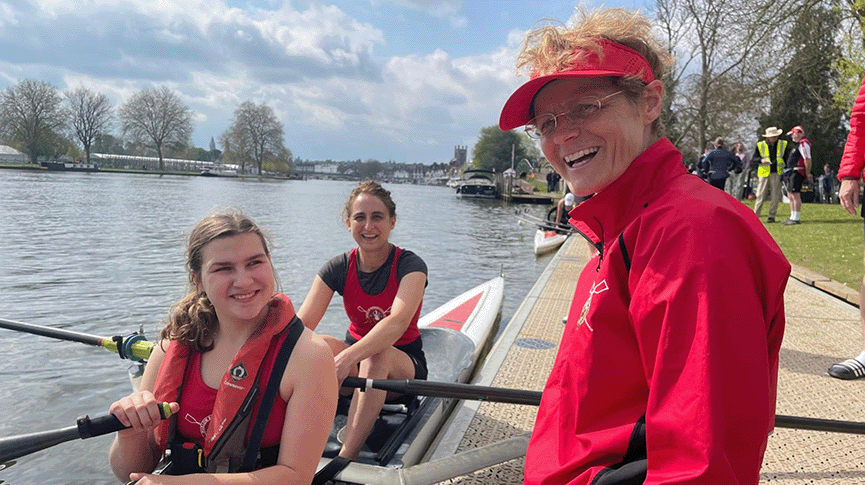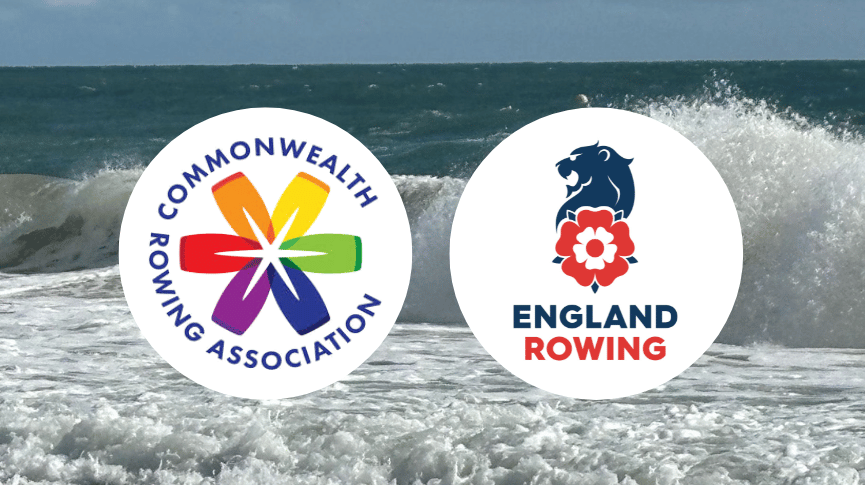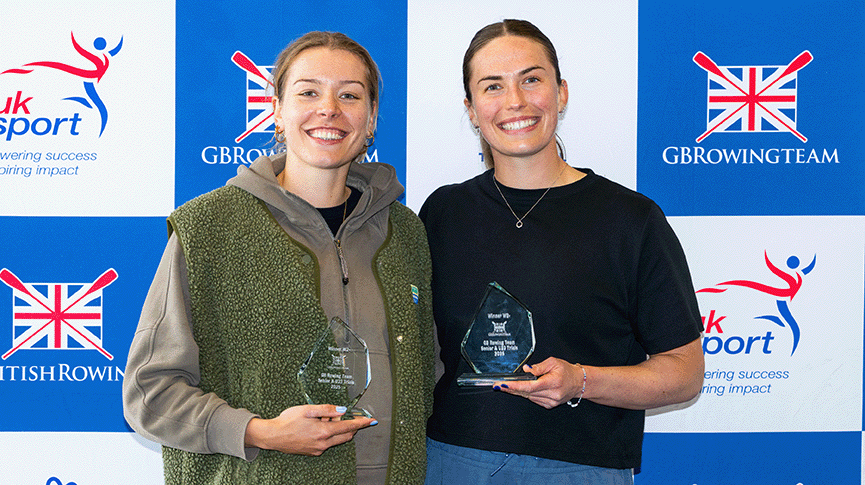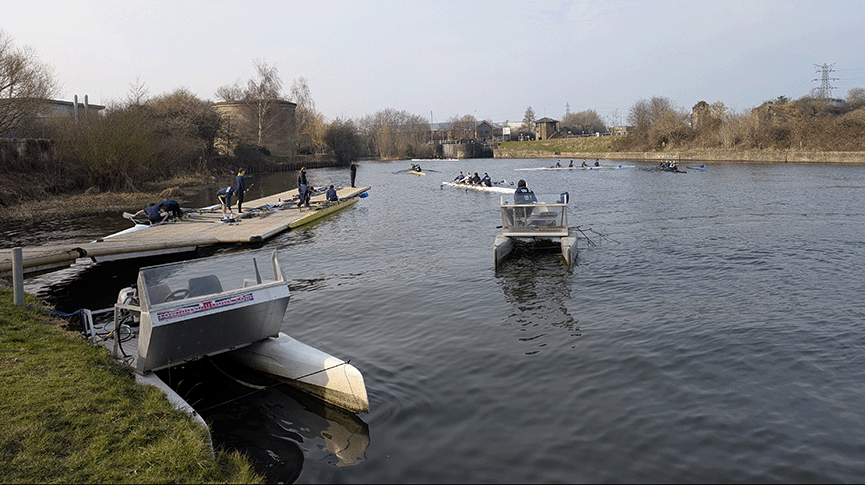Safety reminder: Cold water kills
Following the recent tragic deaths of children who fell through ice into a lake while playing, British Rowing has issued the following information to the rowing community.
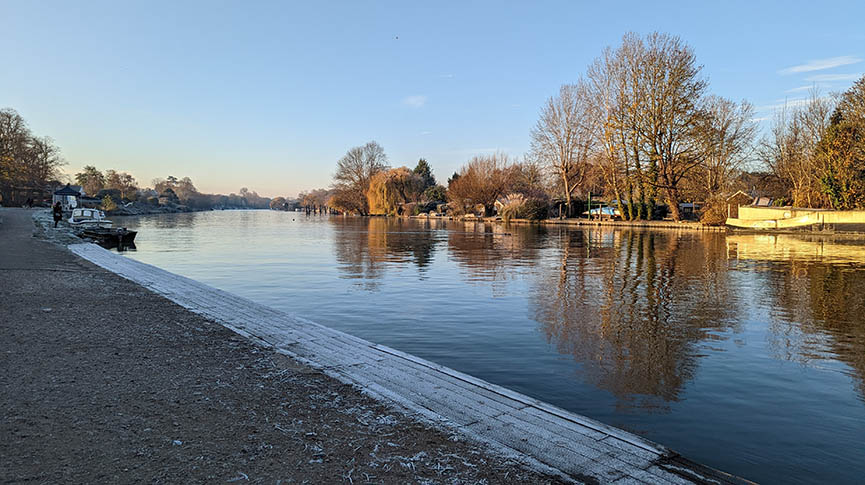
No matter how good a floater or swimmer you are, sudden unexpected immersion in cold water can cause an initial cold shock that affects muscular co-ordination and impairs the ability to float or swim. Heat loss from immersion can quickly cause hypothermia. Any of these factors can lead to drowning.
Everyone involved in rowing, including rowers, coxes, coaches, club officers and competition organisers, has a responsibility to assess and manage the risk of immersion in cold water and to know what to do if it occurs. Read Section 8.1 in RowSafe as a first step and this British Rowing Safety Alert.
How does cold water kill?
If you fall into cold water, your skin will cool very rapidly. Rapid skin cooling results in the involuntary gasp response. This isn’t just a little gasp, it’s a huge gasp that totally fills your lungs. You may experience several of these gasps in a row. If your head is underwater when you gasp, you will immediately drown. One gasp underwater will result in you having enough water in your lungs to kill you.
This video explains more:
What can you do?
First, and most obviously, do not fall into the water. Take care:
- To avoid collisions as these often result in capsizes. Keep a good lookout and keep to the circulation plan.
- When getting into and out of the boat, lots of capsizes occur, even in crew boats, simply because there is no one holding the rigger.
- When doing catch drills and starts, capsizes can occur when blades are square in the water at the catch.
Do not assume that only single scullers are at risk: in early 2017, three rowers in the Netherlands and USA died after falling into cold water from an eight and a coxed four.
Do not walk on ice on frozen bodies of water of any kind.
If you do enter the water, try to:
- Enter the water as gradually as you can. This is not always possible but try.
- Keep your head above the water to avoid inhaling water when you gasp.
- Keep calm and get your breathing under control.
- Remember that it will feel horrible at first but you will feel better later.
- Get free of the boat.
- Get as much of your body out of the water as soon as you can.
- Get off the water without delay.
- Re-warm with care, drink warm (not hot) chocolate or a cold, fizzy, sugary drink as the sugar will fuel your re-warming.
Always stay with the boat; it is your life raft.
An auto inflation lifejacket will help too and it should help you to keep your head above the water when you gasp.
Free cold water and hypothermia training
British Rowing members can enroll for our free Cold Water and Hypothermia online learning course in RowHow. This should take you about 25 minutes to complete, and will help you to assess risk in your rowing environment, and use this knowledge to keep yourself and others safe.
If you see someone struggling in the water, do not go in after them but call 999. Find out more at RespectTheWater.com


